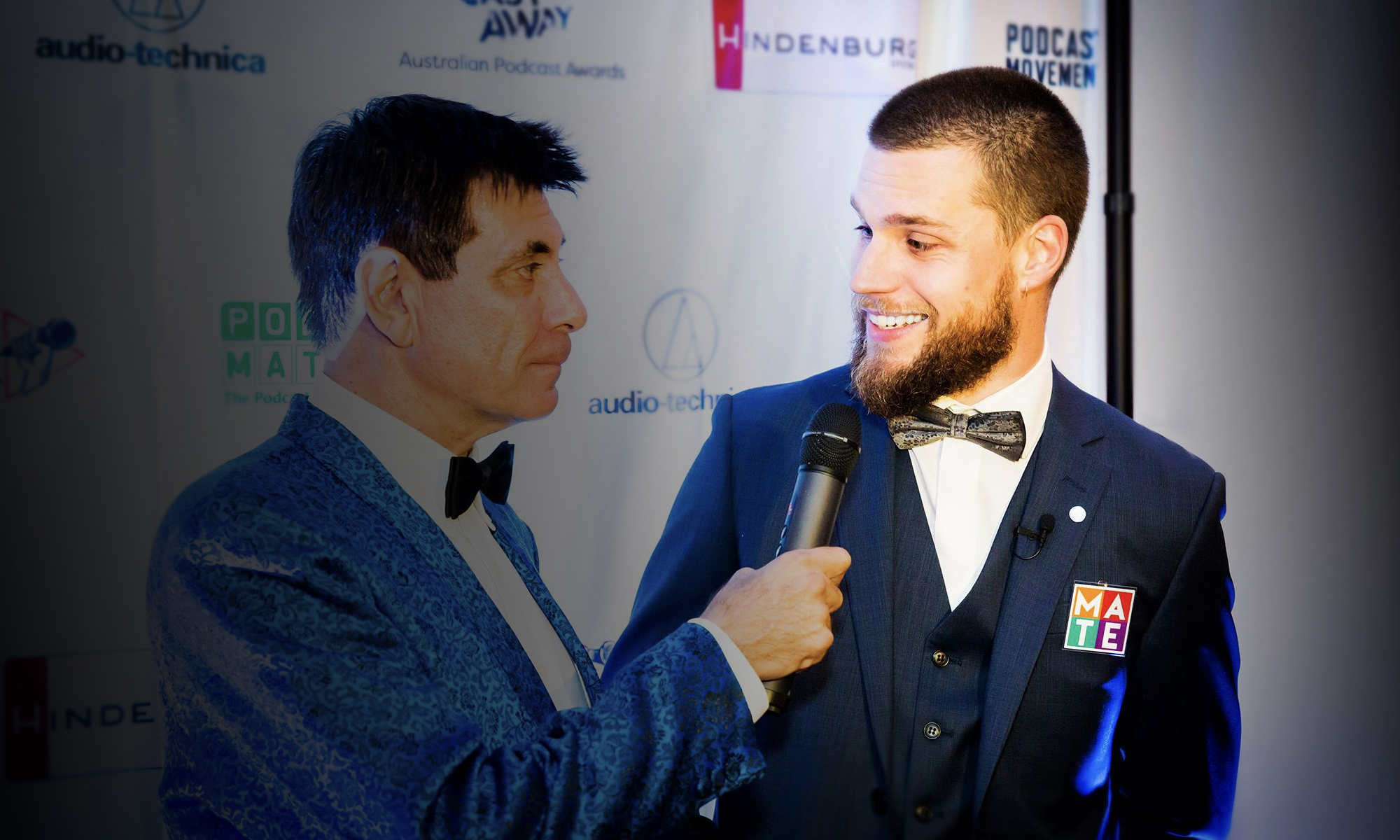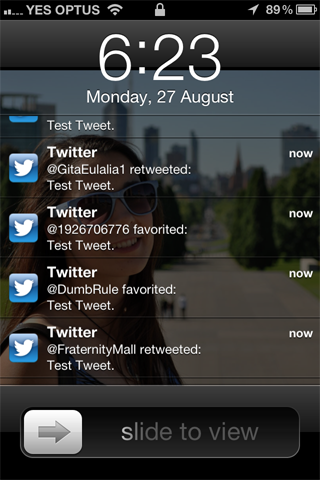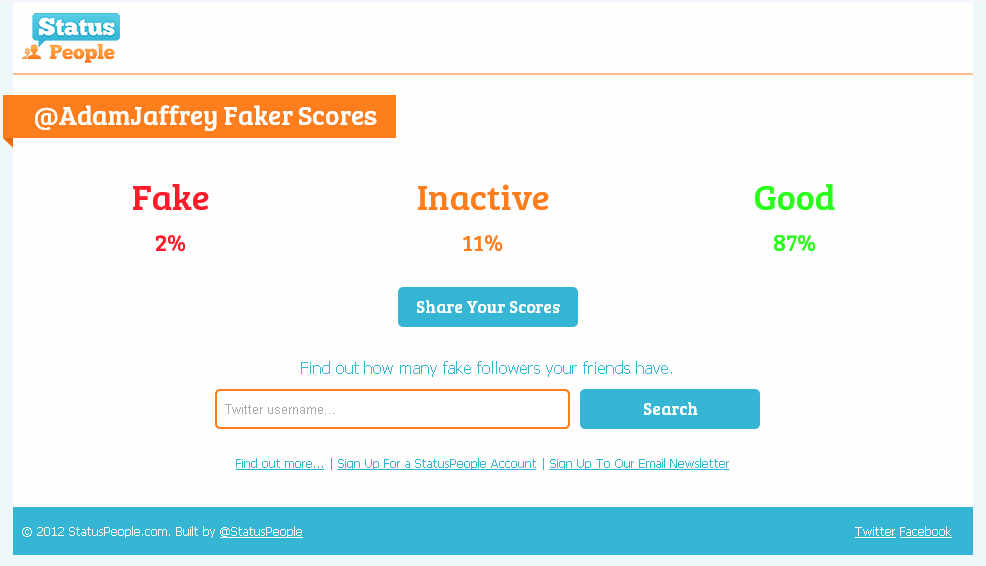Last week it was reported in the Herald Sun that cricket players from a regional league have been banned from playing for weeks for mouthing off about the league on Facebook.
Let me get this out foremost: I’m not talking about libel, defamation or misrepresentation. I’m not talking about disclosing confidential information. I’m talking about opinions.
Read the article. It is absolutely ridiculous.
Social Media platforms like Facebook and Twitter are simply extensions and digitisations of existing social norms. They are a digitisations of our everyday conversations and social interactions.
All this means is, in addition to complaining to your friends in person about the shitty local cricket league, people will complain on Facebook and Twitter. I fail to see how the comments of players in a local league owe any sort of duty to represent that league positively (especially based on the facts outlined in the article). The league wouldn’t have barred them had they complained to their mates over a few beers, so why on Facebook?
Whatever happened to free speech?
This is alarming, as many companies are developing Social Media policies which confine employees to what they can and can’t say. What gives businesses the right to control what their employees talk about in person? Nothing. So what gives them the right to control what they tweet about?
This is a form of communism run by employers, local cricket leagues and the like. We can’t continue to allow the man to control what we say, off-line or online.







